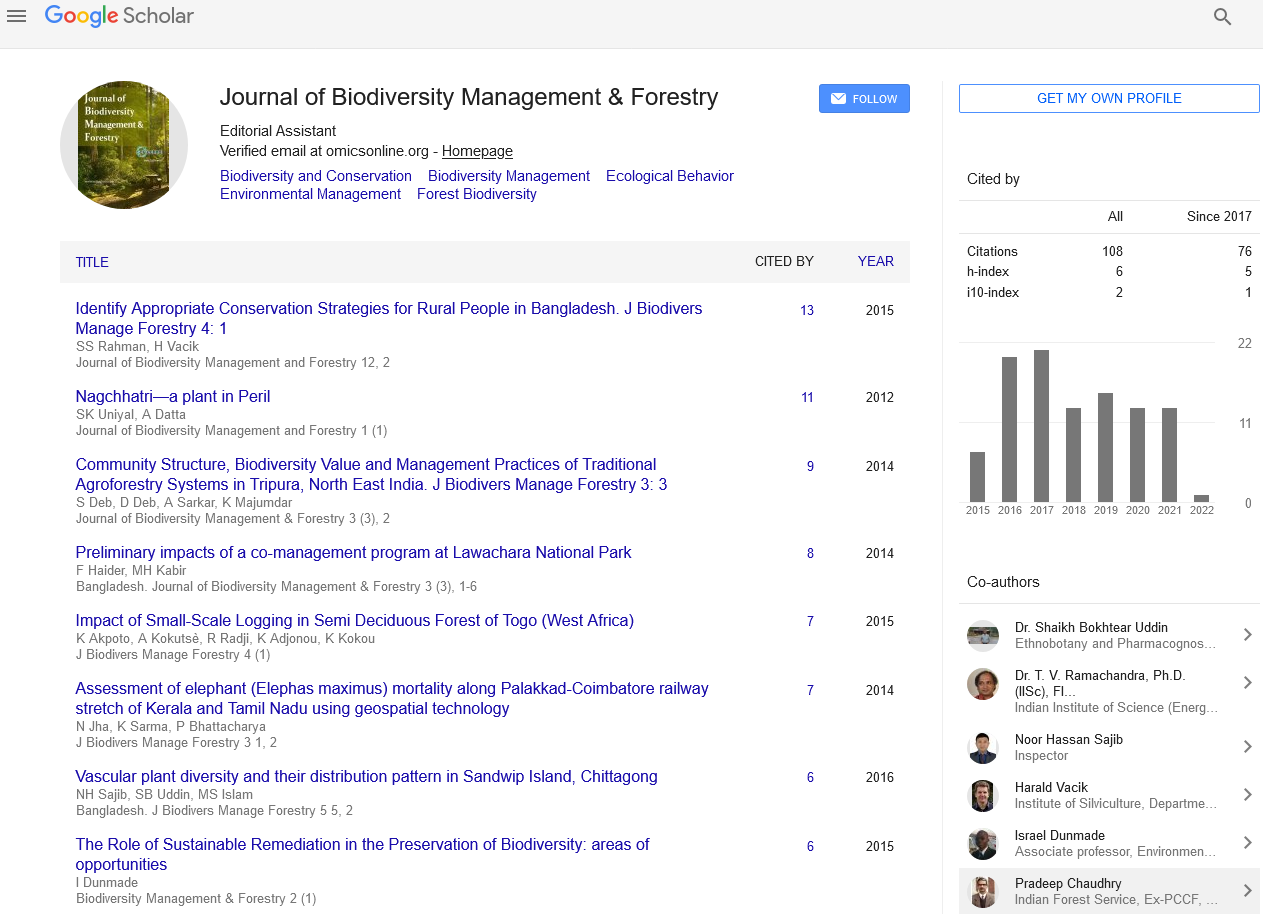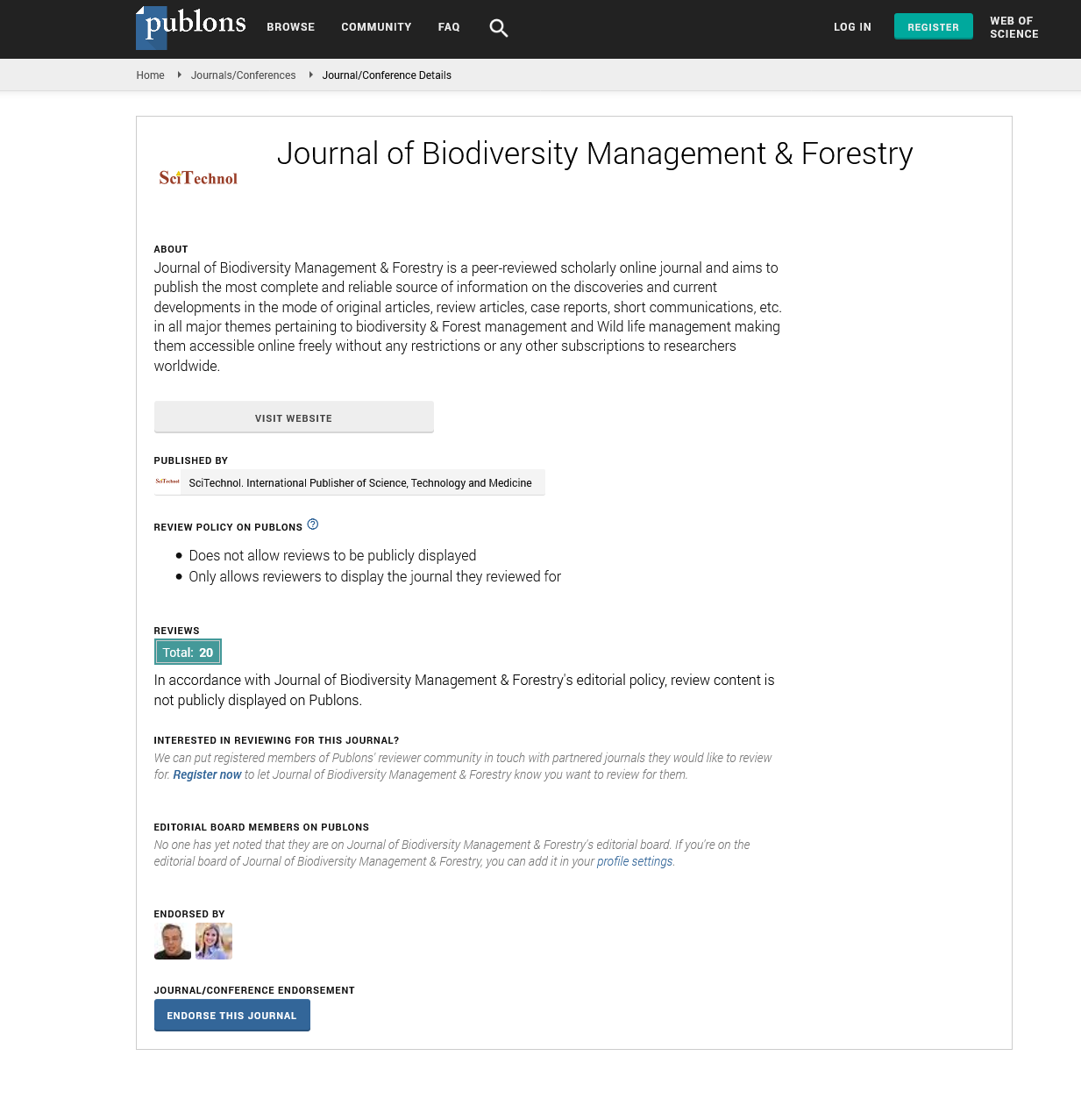Climate change and the global hydropower sector: status, challenges & opportunities
Asphota Wasti
University of Cincinnati, USA
: J Biodivers Manage Forestry
Abstract
Statement of the Problem: To achieve net-zero by 2050, a substantial increase in renewable energy is required to replace fossil fuels and reduce carbon emissions to the atmosphere. Hydropower provides a source of low-emission electricity and often serves as a reliable baseload to other sources of renewable energy such as solar and wind. As the current hydropower sector relies on surface water flows of substantial and predictable volume, it is vulnerable to climate change. To understand the effect of climate change that has already been observed and projected in the near future, we reviewed over a hundred case studies of projects all around the world. The climate risk assessments are carried out with two different approaches: the scenario-led approaches, and the bottom-up robustness-based approach. Irrespective of the approach used, challenges exist in the quantification of climate uncertainties as they are often miscommunicated. The global review has separate sections for Asia, Africa, North America, Latin America, Europe, and Australia. Each section is further divided into regions of similar hydroclimate or hydro-politics (making a total of 17 regions) where the major climate change impacts have complied. We were able to identify 3-4 major effects of climate change that are most prominent in each region. Four primary mechanisms of climate change affecting global hydropower were identified: permanent glacier depletion; loss in seasonal snow storage; increased variability; and increased evaporation.
Biography
Asphota Wasti is a young researcher from Nepal with more than 7 years of experience in hydropower studies in Nepal and the United States. Currently a Ph.D. candidate in Environmental Engineering at the University of Cincinnati, her research focuses on multidimensional risk assessments and decision-making under uncertainty. She has worked with the Climate Change Resilience Guidelines developed by the International Hydropower Association for the assessment of climate risks to a hydropower project in Nepal. She is currently working with the World Bank Water Team to enhance water security in Eastern and Southern Africa. Her most recent paper reviews the impact of climate change on the Global Hydropower Sector and comments on the different approaches to risk assessment highlighting the importance of robustness-based approaches.
 Spanish
Spanish  Chinese
Chinese  Russian
Russian  German
German  French
French  Japanese
Japanese  Portuguese
Portuguese  Hindi
Hindi 
